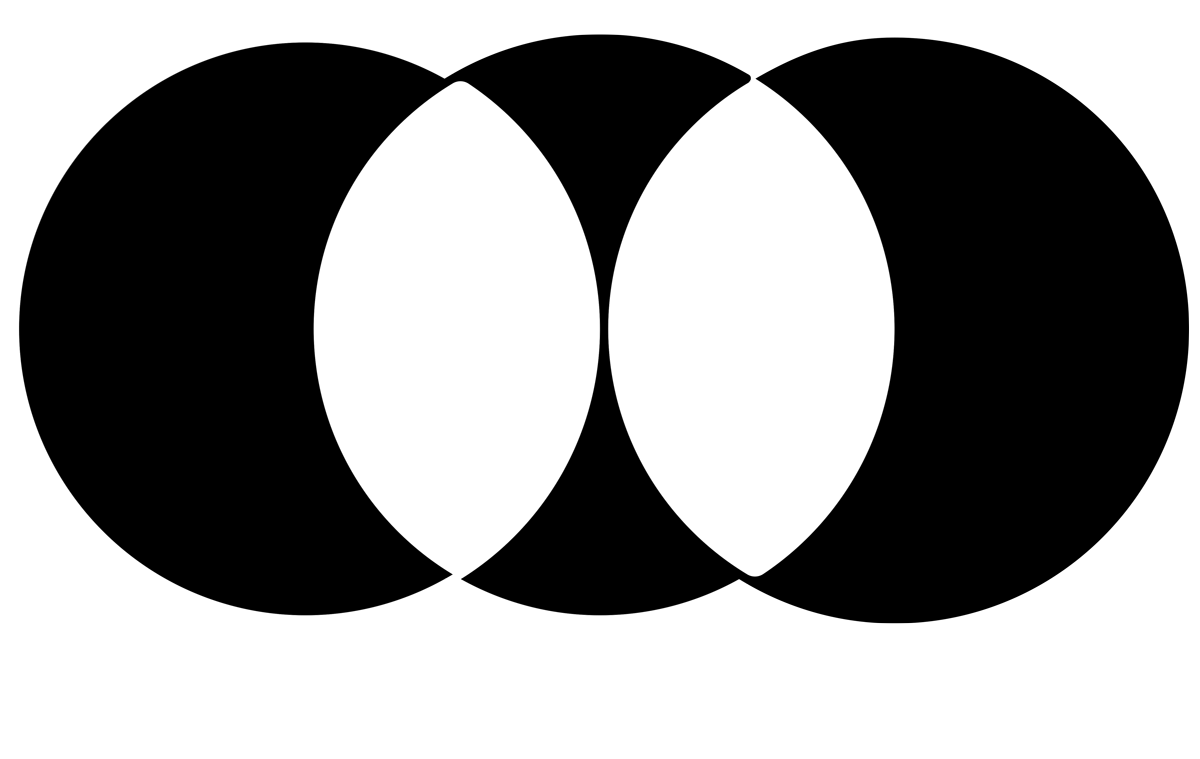Why Emotional Burnout Feels Like You’re Failing (And What You Can Do About It)

Table of Contents
- What Emotional Burnout Really Feels Like
- Why Burnout Feels Like Personal Failure
- Recognizing the Early Signs of Burnout
- How Mental Exhaustion Hijacks Your Life
- What’s Really Fueling Your Emotional Burnout
- The Small but Powerful Steps Toward Recovery
- Learning to Say No and Mean It
- The Turning Point: Seeking Help Without Shame
- You Can Rebuild — Here’s What to Do Next
Key Takeaways
- Emotional burnout often feels like failure, but it’s actually your body and mind’s natural response to prolonged, unrelenting stress.
- The signs of burnout are subtle at first but grow more intense over time—emotionally, physically, and mentally.
- Mental exhaustion distorts your thinking, zaps your motivation, and leaves you feeling disconnected.
- Recovery starts with recognizing your limits, prioritizing your well-being, and, most importantly, reaching out for help when it becomes too much to carry alone.
- You deserve to feel better. There is a path forward—and it begins now.
What Emotional Burnout Really Feels Like
Let’s be honest—this isn’t just being “a little stressed” or “really tired.” If you’re reading this, chances are you’re already running on fumes. Maybe you wake up with a heavy heart and a mind that doesn’t stop racing. Maybe you’ve lost interest in the things that used to light you up. Or maybe you feel like you’re underwater—barely keeping it all together while silently falling apart inside.
This is emotional burnout, and it’s more common than you think. It’s what happens when you’ve poured from your cup for far too long without filling it back up. It’s when every demand—at work, at home, in your relationships—becomes a weight, and eventually, that weight becomes unbearable.
But here’s the truth no one talks about enough: You are not broken. You’re overwhelmed. And it’s okay to say so.
Why Burnout Feels Like Personal Failure
Emotional burnout is cruel in that it makes you believe you’re the problem. It whispers lies like:
- “You should be able to handle this.”
- “Other people manage just fine—why can’t you?”
- “Maybe you’re just not strong enough.”
But these thoughts aren’t facts. They’re the product of mental exhaustion, and they thrive in silence. When we’re burnt out, we can’t think clearly. We become hypercritical, cynical, even hopeless.
You are not failing—you are responding in a very human way to an inhumane amount of pressure. What you’re experiencing is not weakness. It’s a signal. And listening to that signal can be the beginning of everything changing.
Recognizing the Early Signs of Burnout
Burnout rarely arrives all at once. It builds. Slowly. Quietly. Until it takes over. That’s why spotting the signs of burnout early can be life-saving.
Emotional Signs:
- Constant irritation or emotional numbness
- A creeping sense of dread, especially before work or social obligations
- Feeling like you're just “going through the motions”
Physical Signs:
- Chronic fatigue that doesn’t go away with sleep
- Tension headaches, chest tightness, or unexplained body aches
- Digestive issues or a weakened immune system
Mental Signs:
- Forgetfulness, zoning out, or trouble focusing
- Feeling unmotivated or paralyzed by small tasks
- A persistent voice in your head saying,
“What’s the point?”
If these sound familiar, it’s not because you’re lazy or incapable. It’s because your system—your mind, your body—is begging you to slow down.
How Mental Exhaustion Hijacks Your Life
Mental exhaustion is like trying to drive a car with no gas, no brakes, and no map. You’re operating, but you’re not in control.
You may find yourself snapping at loved ones, isolating from friends, or crying in places no one sees. You may forget meals, appointments, or words. You may stop caring about the things that once mattered—because you simply don’t have the bandwidth.
Long-term mental exhaustion can lead to:
- Sleep disturbances
- Increased risk of depression or anxiety
- Impaired memory and decision-making
- Loss of interest in intimacy or joy
Burnout is not just a mental or emotional issue. It is
physical. It lives in your nervous system, your gut, your immune responses. And the more you ignore it, the louder it gets.
What’s Really Fueling Your Emotional Burnout
Let’s look under the hood. Most people facing emotional burnout aren’t “just stressed.” They’re carrying impossible loads—often in silence.
Common burnout triggers include:
- Constant overcommitment and lack of rest
- Perfectionism and fear of disappointing others
- An emotionally demanding job or caregiving role
- People-pleasing and difficulty setting limits
- Past trauma that’s never been processed
It’s rarely just one thing. More often, it’s the perfect storm of everything: responsibilities, expectations, unresolved pain, and a lack of space to breathe.
The good news? If burnout is caused by how you’re living, healing begins when you change how you live.
The Small but Powerful Steps Toward Recovery
You don’t need a full life overhaul to start healing. Sometimes, it’s the smallest shifts that open the biggest doors.
1. Name It
Say the words: I am burnt out. This is not defeat. It’s clarity. It’s power.
2. Reclaim Your Mornings
Before the world gets to you, give yourself 10 minutes to sit, breathe, and check in. You’ll be amazed at the shift.
3. Stop Overfunctioning
You don’t need to solve every problem, answer every call, or fix every situation. You are allowed to rest.
4. Make Joy a Priority
Schedule joy. Literally. Dance. Walk. Watch something funny. Play. It’s not childish—it’s medicine.
5. Write It Down
Journaling helps process emotions that feel tangled. It’s not about being a good writer—it’s about being honest with yourself.
Learning to Say No and Mean It
If emotional burnout thrives in overextension, then boundaries are your recovery tool. But setting them isn’t just about saying no—it’s about saying yes to yourself.
Start by:
- Creating clear work/life separation
- Turning off notifications when you’re off the clock
- Letting go of roles you’ve outgrown or never chose
- Refusing to apologize for needing space or rest
Boundaries may feel awkward at first—but they get easier, and they
will change your life.
The Turning Point: Seeking Help Without Shame
Maybe you’ve tried everything, and you’re still not okay. Maybe the thought of one more self-help post makes you feel worse.
That’s your sign: it’s time to stop doing this alone.
At Brian Stalcup MED, we work with people just like you—high-functioning, high-achieving individuals who look fine on the outside but are silently struggling inside. Through compassionate therapy and practical guidance, we help you break the burnout cycle, understand your emotions, and rediscover what peace feels like.
Whether you're struggling with mental exhaustion, burnout, anxiety, or depression, we’re here to help you make sense of it all.
You deserve support. You deserve relief. And you’re not too far gone.
You Can Rebuild — Here’s What to Do Next
You’re not weak for feeling this way. You’re human. And humans need rest. They need help. They need healing.
The first step toward healing from emotional burnout is admitting you’ve had enough. The second step? Reaching out.
We’re here for that next step.
Contact Brian Stalcup MED today! To learn more or schedule an appointment, reach us at 405-921-7012 or via email at brianjstalcup@gmail.com. Let’s take that first step—together.
Let’s help you feel whole again—because you were never meant to carry this alone.
Frequently Asked Questions
1. What is emotional burnout and how do we know we’re experiencing it?
We describe emotional burnout as a deep, ongoing sense of exhaustion that affects our emotions, energy, and motivation. When we feel drained no matter how much we rest, it’s usually a clear sign we’re burnt out.
2. What are the early signs of burnout we should watch out for?
The signs of burnout often show up as irritability, fatigue, low motivation, and feeling emotionally disconnected. We notice we’re just going through the motions without truly engaging in our day.
3. How does mental exhaustion affect our daily lives?
Mental exhaustion makes it hard for us to concentrate, stay productive, or enjoy things we used to love. We often feel foggy, overwhelmed, and emotionally numb, even in situations that once excited us.
4. Can emotional burnout impact our physical health too?
Yes, emotional burnout can affect us physically. We may experience headaches, sleep problems, or chronic fatigue, showing us that the mind and body are deeply connected.
5. What can we do when signs of burnout become overwhelming?
When the signs of burnout start to take over, we know it's time to pause, set boundaries, and reach out for support. We don't have to navigate mental exhaustion alone—help is always available.
